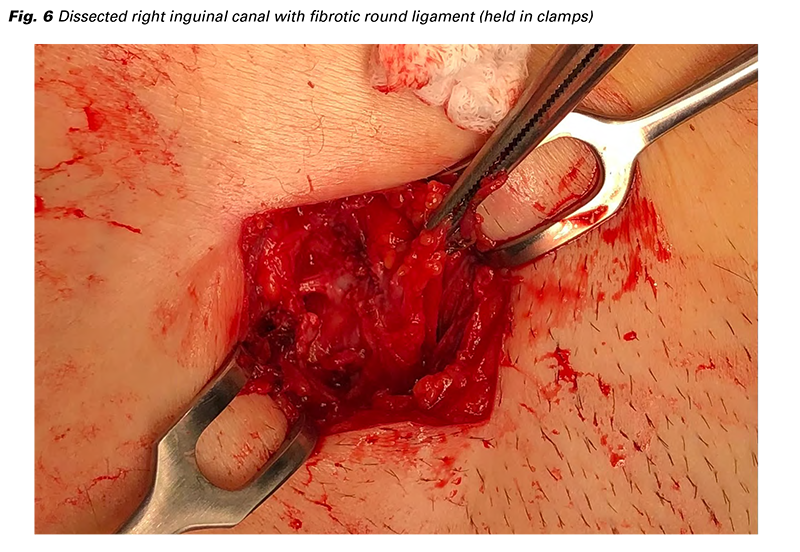Complex hernias present significant challenges in surgical management due to their varied clinical presentations and multifaceted nature. These hernias often involve larger defects, prior surgical interventions, or complications such as infections and adhesions, requiring advanced surgical expertise and individualized treatment strategies. Here is more information on hernias, the surgical techniques to treat them, and an overview of the recovery process:
Understanding Complex Hernias
Complex hernias are those that pose additional challenges compared to straightforward, primary hernias. These challenges often arise from factors such as hernia size, repeated recurrences, or the involvement of multiple abdominal layers. Examples include recurrent inguinal hernias, giant incisional hernias, and hernias with infections or significant organ involvement.
Due to the intricate nature of these cases, surgical management requires careful planning. Surgeons typically evaluate anatomical characteristics, the patient’s overall health condition, and previous surgical history to determine the best approach. Without accurate assessment, managing complex hernias can be complicated by high recurrence rates or complications such as infections and bowel obstructions.
Exploring Surgical Techniques
The surgical techniques used for repairing complex hernias have advanced significantly in recent years. Open surgery, laparoscopic surgery, and robotic-assisted techniques are among the most commonly employed methods:
- Open Surgery involves a traditional incision that allows the surgeon to directly access and repair the hernia. This technique remains a reliable choice for large or complicated hernias, as it offers visibility and control over the affected area.
- Laparoscopic Surgery uses smaller incisions and a camera to guide the procedure. This minimally invasive method reduces recovery time and lowers the risk of infection while still effectively repairing the hernia.
- Robotic-Assisted Surgery builds on the laparoscopy approach, utilizing robotic systems to enhance precision during the procedure. This advanced technology helps manage particularly intricate repairs, such as hernias involving delicate or hard-to-reach areas.
Each technique comes with its own risks and benefits, and the choice of approach often depends on the nature of the hernia and the surgeon’s expertise.
Encouraging Recovery
Recovery from complex hernia surgery is a gradual process and often lasts several weeks. Post-operative care plays a significant role in preventing complications and achieving a successful outcome:
- Activity Modifications: Patients may need to avoid heavy lifting and high-impact activities to reduce the strain on the surgical site. Light walking can promote circulation and support healing.
- Wound Care: Proper wound management prevents infection. Patients are typically instructed on how to clean and monitor their incisions for any signs of complications.
- Follow-Up Appointments: Regular follow-up visits allow the surgical team to assess healing progress and address issues such as fluid accumulation or recurring discomfort. Physical therapy may also be recommended to strengthen abdominal muscles and restore mobility.
Adhering to these recovery steps minimizes the chances of hernia recurrence and fosters long-term outcomes.
Learn More About Hernias
Surgery serves a pivotal role in managing complex hernias, offering solutions even in cases with significant challenges. Through techniques such as open surgery, laparoscopy, and robotic-assisted repairs, surgeons can address these conditions with precision and effectiveness. Post-surgical care, including activity adjustments and regular check-ins with the surgical team, enables a smooth recovery process. Proper management of this condition not only alleviates symptoms but also restores quality of life for patients navigating these issues.

Leave a Reply